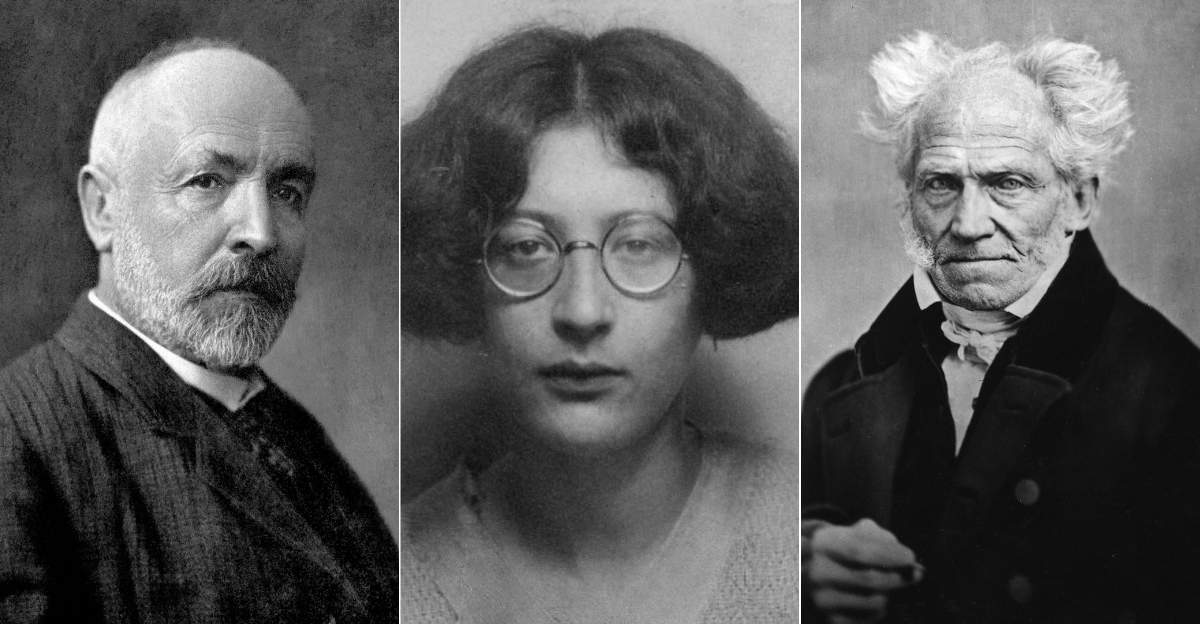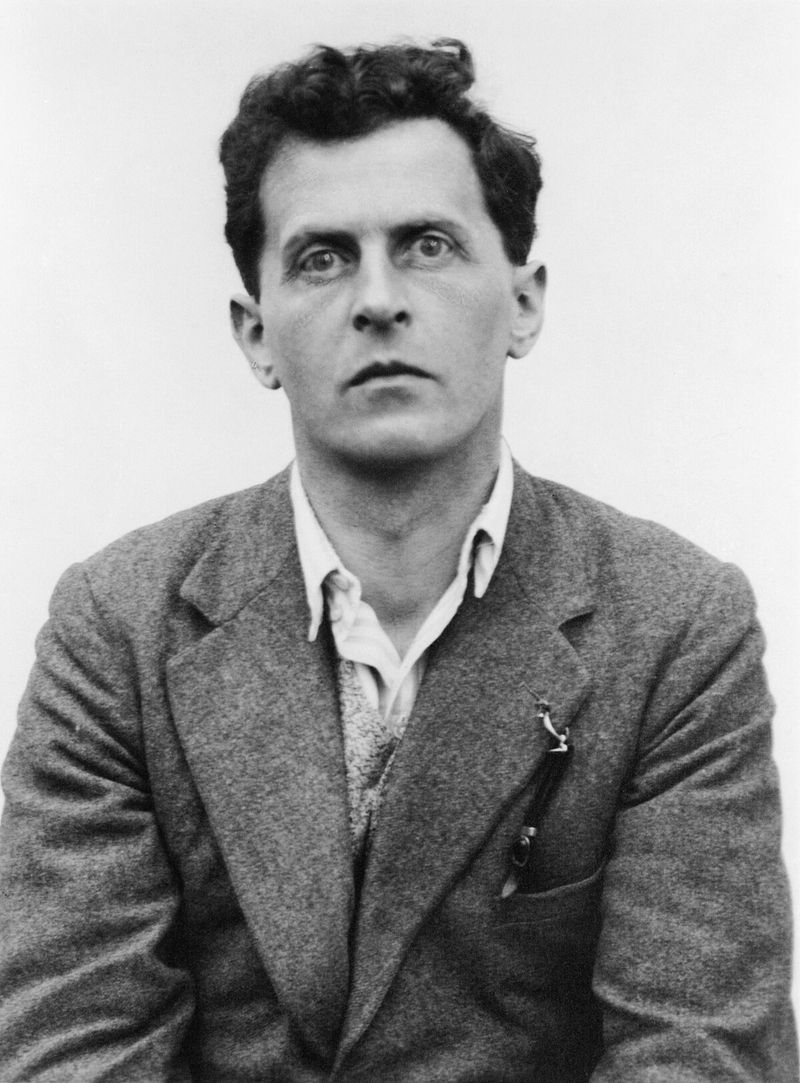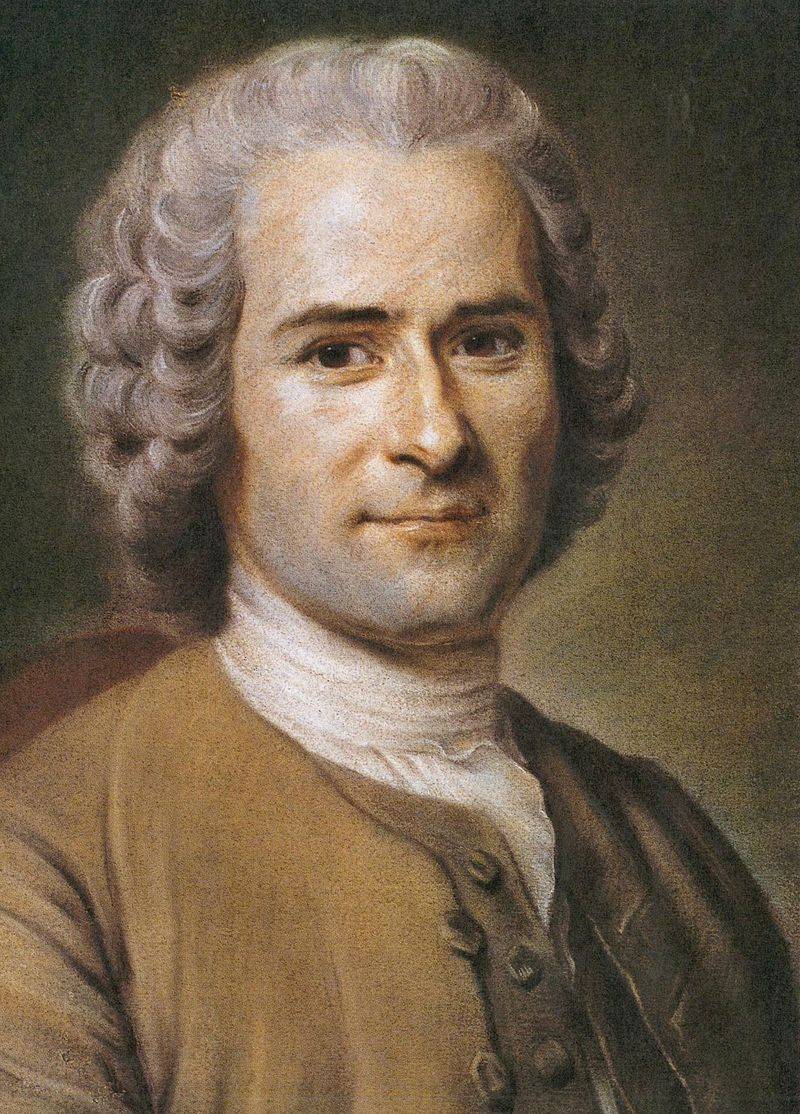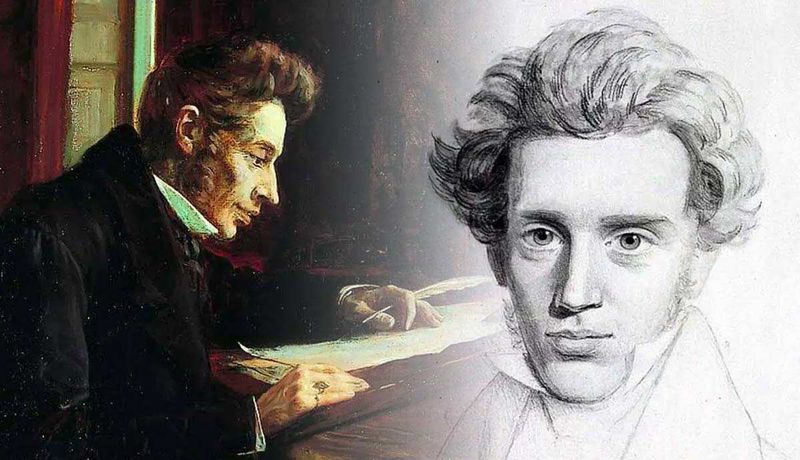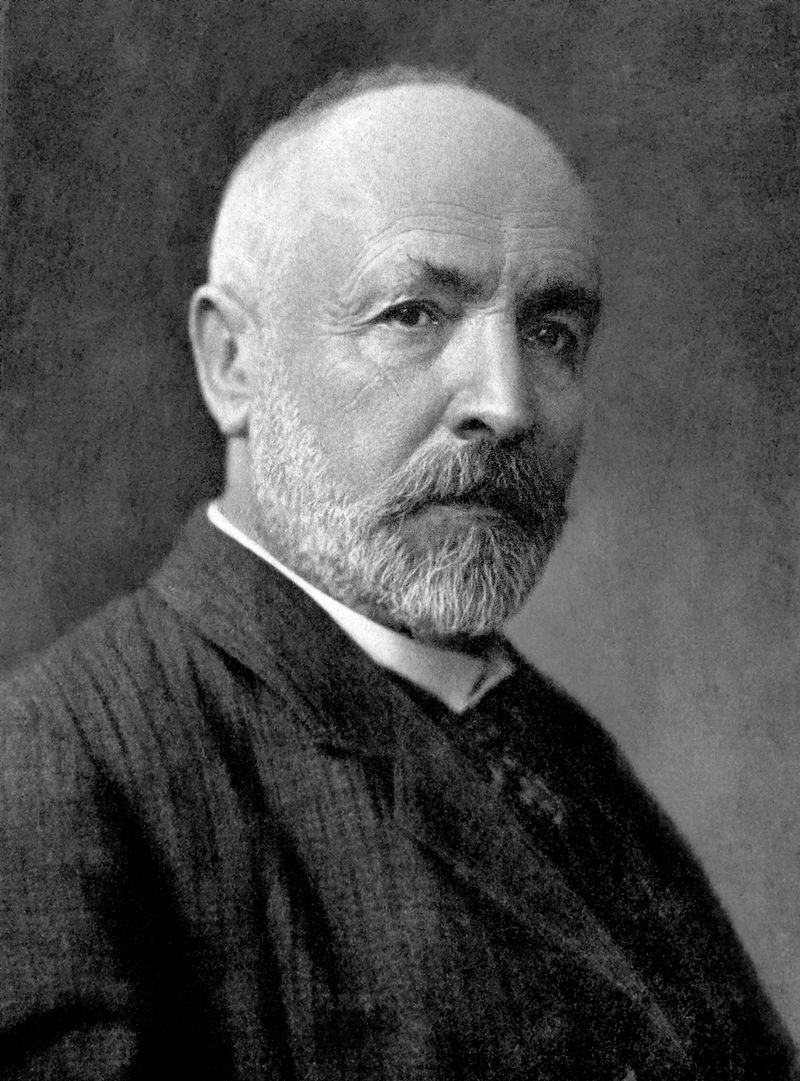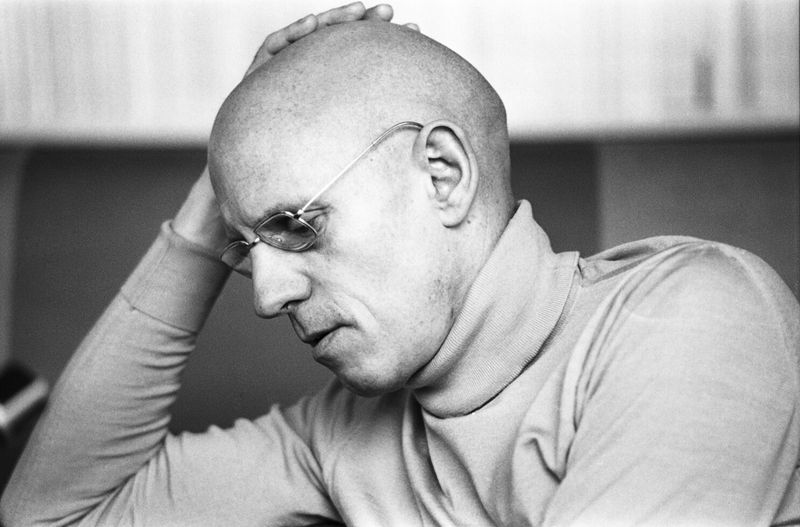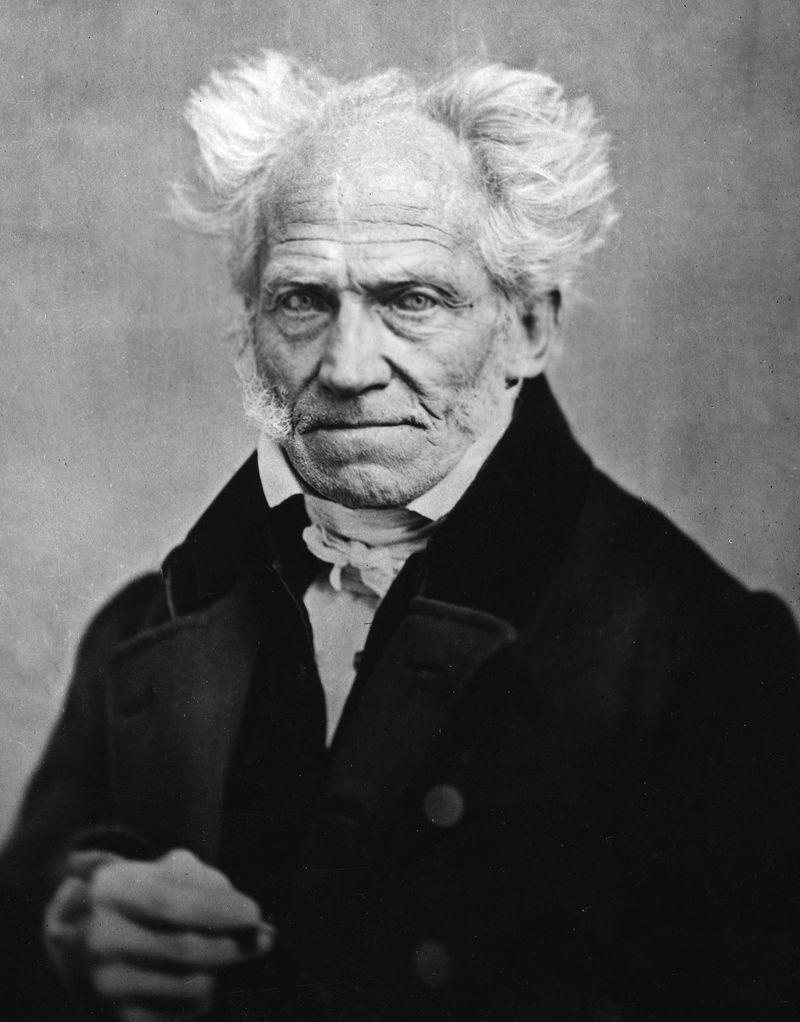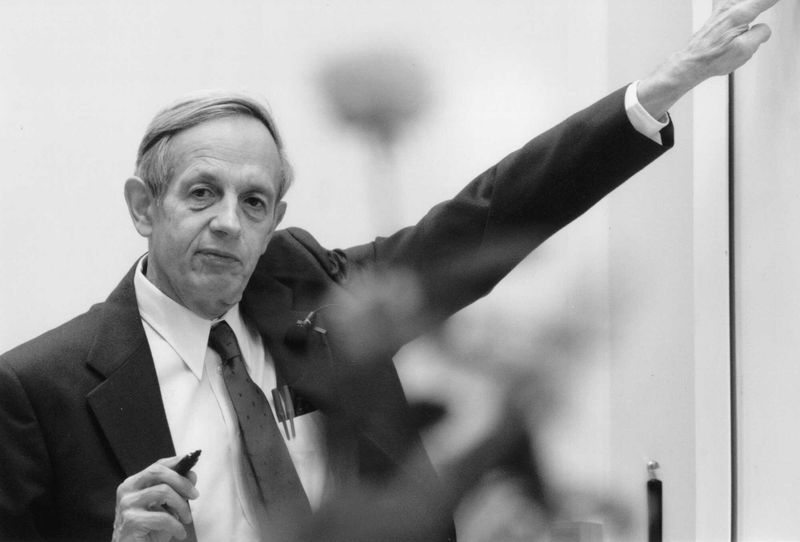Explore the intriguing lives of ten philosophers whose groundbreaking theories led them to the brink of madness. From existential musings to mathematical paradoxes, each thinker faced unique challenges that tested their mental resilience. This post delves into their fascinating journeys, highlighting their profound ideas and the personal toll these took.
1. Friedrich Nietzsche (1844–1900)
Nietzsche’s vision of the Übermensch and his declaration of God’s demise pushed his mind to its limits. In Turin, 1889, he witnessed a horse being whipped, an event that broke him emotionally. He embraced the animal, collapsing into sobs. This act marked the beginning of his descent into insanity, leaving him confined to an asylum for the final 11 years of his life. In this isolation, he signed letters as “Dionysus” or “The Crucified.” Despite this, his profound influence on existentialism and modern philosophy remains undeniable.
2. Ludwig Wittgenstein (1889–1951)
Wittgenstein’s obsession with the limitations of language, as outlined in his Tractatus Logico-Philosophicus, led him to question the purpose of his work entirely. Frustrated by this existential dilemma, he abandoned his prestigious academic career to teach children in rural villages. His return to philosophy was marked by outbursts at peers who, he felt, misunderstood his insights. This turbulent relationship with his own ideas and the academic world highlights the intense pressure philosophers can endure when confronting intellectual boundaries.
3. Jean-Jacques Rousseau (1712–1778)
Rousseau’s theories on social contracts incited paranoia, driving him to believe that friends plotted against him. His fear of persecution grew so intense that he penned “Rousseau, Judge of Jean-Jacques,” a defense against imagined threats. Convinced that even allies like Hume conspired against him, Rousseau’s paranoia reflects the isolating nature of overbearing intellectual pursuits. His work, however, laid a foundation for modern political philosophy, illustrating the complex interplay between genius and madness.
4. Søren Kierkegaard (1813–1855)
Kierkegaard’s relentless questioning of faith and existence, particularly in “Fear and Trembling,” left him grappling with profound inner turmoil. His existential angst became unbearable, culminating on his deathbed, where he refused communion. “Pray for those trapped in their own minds,” he reportedly said, highlighting his isolation. Despite this, Kierkegaard’s existential inquiries continue to resonate, offering insight into the human condition’s complexities and the search for meaning.
5. Georg Cantor (1845–1918)
Cantor’s pioneering work on set theory and the concept of infinity led to a personal crisis. Grappling with paradoxes in his own discoveries, he believed he had divine insights, such as the notion that Shakespeare’s works were penned by Francis Bacon. This delusion underscores the mental strain mathematicians may experience when their groundbreaking ideas challenge existing paradigms. Cantor’s contributions to mathematics remain pivotal, illustrating the profound impact of his visionary, albeit troubled, legacy.
6. Michel Foucault (1926–1984)
Foucault’s deep dive into the history of insanity blurred his own grasp on reality. His provocative lifestyle, often involving extreme practices, was an attempt to push boundaries and seek “limit-experiences.” This pursuit ultimately contributed to his untimely death. Despite the controversial nature of his life, Foucault’s work on power structures and social norms remains influential, offering critical insights into how society defines and confines madness.
7. Arthur Schopenhauer (1788–1860)
Schopenhauer’s philosophy of pessimism painted a bleak worldview, leaving him in a state of enduring gloom. His fear of being murdered led him to sleep with loaded pistols by his side. Known for shouting at neighbors who disrupted his silence, Schopenhauer’s eccentricities were as infamous as his philosophical contributions. Despite his dour outlook, his thoughts on will and representation have profoundly influenced the fields of psychology and existentialism, highlighting the dual nature of genius and eccentricity.
8. Simone Weil (1909–1943)
Weil’s commitment to asceticism and social justice was profound, eventually leading her to self-imposed starvation. Refusing to consume more than the rations available to her compatriots during wartime, her health deteriorated, resulting in cardiac failure at the age of 34. This tragic end underscores the intense dedication she had to her principles. Despite her short life, Weil’s writings on mysticism and politics continue to inspire, reflecting a legacy of intellectual rigor and humanitarian concern.
9. John Nash (1928–2015)
Nash’s groundbreaking work in game theory was shadowed by his struggle with schizophrenia. His paranoia led him to see cryptic messages in magazines and hear voices from non-existent entities. These delusions mirrored the intense logical structures he created in his mathematical pursuits. Despite his challenges, Nash’s insights into economics and strategic thinking garnered him a Nobel Prize, making his life a testament to the thin line between genius and madness.
10. Pythagoras (570–495 BCE)
Pythagoras’s fascination with numbers extended to a set of peculiar cult-like practices, such as the prohibition against bean consumption. His commitment to these beliefs was so strong that, fleeing from enemies, he refused to traverse a bean field, leading to his demise. This anecdote highlights the sometimes bizarre intersections of philosophy and personal conviction. Yet, his contributions to mathematics and mysticism have endured, reflecting the lasting impact of his analytical, albeit peculiar, mindset.
